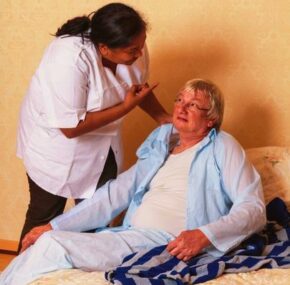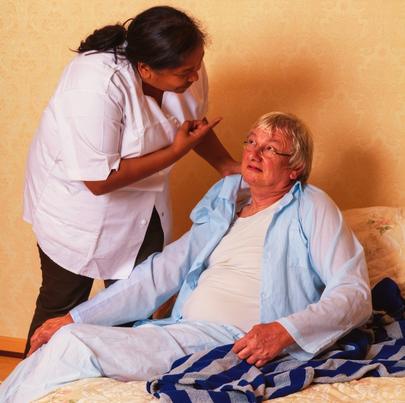Recognizing Signs of Nursing Home Abuse
Aging brings new concerns to both those who are experiencing it, and those who will be responsible for their future care. Nursing home abuse, one of the primary concerns, results in over half a million reports annually. It’s up to family members to be vigilant and know how to recognize the signs of nursing home abuse.

Understanding Various Types of Elder Abuse
The elderly may suffer several types of abuse, including:
- Emotional abuse often plays out as a caregiver or nursing home worker speaking to or treating an elderly person in a derogatory or hurtful way. This type of abuse may also be called psychological abuse and is intended to cause the victim feelings of distress.
- Verbal abuse often appears in tandem with emotional abuse. It includes yelling and threatening, routine ridicule and humiliation, and blaming the victim for things they didn’t do.
- On the flip side of verbal abuse is ignoring and isolating the victim. Nonverbal abuse may also include threatening or menacing gestures meant to inspire terror in the victim.
- Physical abuse causes physical pain or injury, and could lead to impairment. It may progress to improper administration of medications, placing the victim in restraints, or otherwise confining them.
In addition to these types of abuse, elderly victims may also suffer sexual abuse, neglect, abandonment, medical fraud, and financial exploitation.
Signs of Elder Abuse
The early signs of abuse can be fairly ambiguous. Anytime an elder is bruised or seems withdrawn or afraid, it’s important to look more closely for other signs of abuse, such as:
- Tension and arguments between the elderly person and their caregiver.
- Changes in their personality or a change in overall behavior.
- Unexplained injuries like welts and bruises, particularly bilateral injuries.
- Frequent or repeated dislocated joints, broken bones, or sprain injuries.
- Signs of the use of restraints on ankles or wrists.
- Caregivers that “hover” and won’t allow family members to be alone with the elder.
- Weight loss from malnutrition or dehydration.
- Sudden appearance of abnormal behaviors like rocking, mumbling, or reversion to infantile behaviors like thumb-sucking.
- Lack of sanitary conditions or proper treatment for physical problems.
Protecting Elders from Abuse
Those who suspect an elder is suffering from abuse should take immediate steps to protect them. This could mean removing them from a dangerous situation, or consulting with a Chicago nursing home abuse attorney to determine the best way forward.







